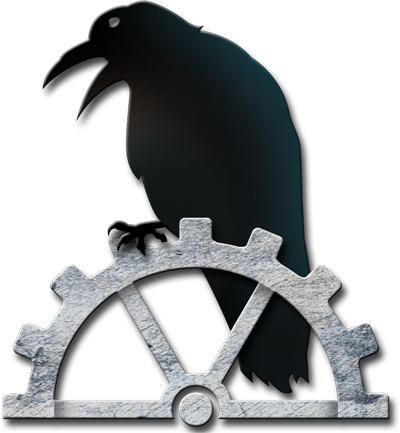 Today’s topic is something that I’ve covered in a previous blog, but I think it warrants its own entry. As writers, I think we’ve all looked over manuscripts we’ve received from our editor only to say “How could I possibly have spelled that wrong?” or “How did I miss that repetition?” We spend so much time writing on our computers that it’s easy to miss the little things.
Today’s topic is something that I’ve covered in a previous blog, but I think it warrants its own entry. As writers, I think we’ve all looked over manuscripts we’ve received from our editor only to say “How could I possibly have spelled that wrong?” or “How did I miss that repetition?” We spend so much time writing on our computers that it’s easy to miss the little things.
In the revision process, we jump around on the page so often (and the “find” function makes this especially easy), making little fixes here and there, that we sometimes miss the forest for the trees. By the time we actually get around to reading entire sections, we’re so familiar with our own words that we read them as we want to see them, rather than seeing the words as they actually are.
I know that even as an editor (as in, when not reading my own work), that I’ve made this mistake—sent off manuscripts to Penny for final approval only to get them back with lovely red markings, just because I’ve read them so many times.
 So, you’re thinking to yourself, what exactly can I do to keep this kind of thing from happening? It’s as easy as hitting the print button. Yes, no one likes to waste paper, but I think this is a worthy cause. Editing your work on paper versus on the computer is not only easier on your eyes, but is almost like getting an outside perspective. On the computer, your manuscript is something amorphous, existing only digitally, and in your mind.
So, you’re thinking to yourself, what exactly can I do to keep this kind of thing from happening? It’s as easy as hitting the print button. Yes, no one likes to waste paper, but I think this is a worthy cause. Editing your work on paper versus on the computer is not only easier on your eyes, but is almost like getting an outside perspective. On the computer, your manuscript is something amorphous, existing only digitally, and in your mind.
On paper, you can see it as if it’s an actual book. You’re forced to read through the entire thing (it’s much harder to jump from place to place when you can’t press CTRL + F), and at times, it can be like seeing your work through new eyes. You have a much better chance of catching silly errors, like misspelled words, misplaced punctuation, and repetition.
While reviewing your manuscript on paper won’t be 100% effective, you’ll make the editing process easier on yourself and your editor by catching the little things, so we can focus on bigger picture issues like consistency and active versus passive construction.
Jessica writes and edits in San Jose, California, when she’s not looking after her boyfiend and her cat. Her latest project. A Dash of Madness: a Thriller Anthology, will be released July 31, 2013.

